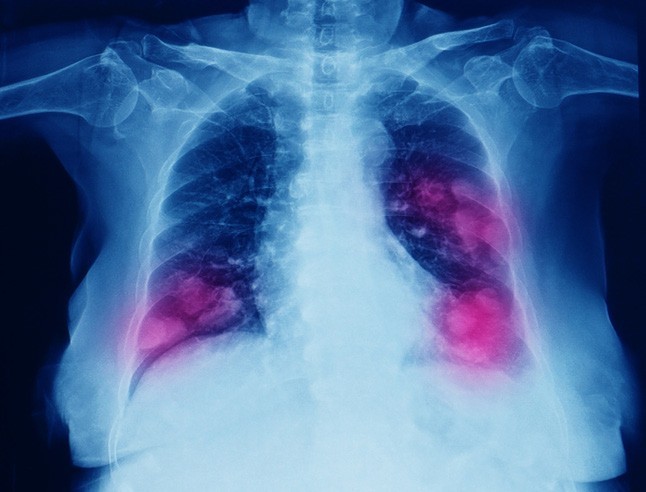Clinical Trials
AstraZeneca and Daiichi Sankyo announce results from DESTINY-Lung02 trial of Enhertu for NSCLC treatment
AstraZeneca and Daiichi Sankyo have announced results from the primary analysis of the DESTINY-Lung02 phase 2 trial, which showed Enhertu’s (trastuzumab deruxtecan) continued strong and durabletumourresponsesinpreviously treated patients with HER2-mutant (HER2m) unresectable and/or metastatic non-squamous non-small cell lung cancer (NSCLC).
The drug has been developed collaboratively between AstraZeneca and Daiichi Sankyo.
The results were presented at the International Association for the Study of Lung Cancer (ASLC) 2023 World Conference on Lung Cancer (WCLC) as well as being published in the Journal of Clinical Oncology.
This analysis confirmed the objective response rate (ORR) as 49% and 56% in the 5.4mg/kg and 6.4mg/kg dosing groups respectively. The safety profile remains consistent with the established profile of the drug, however the 5.4mg/kg dose demonstrated a favourable safety profile for this indication.

Susan Galbraith, executive vice president of Oncology R&D at AstraZeneca, commented: “These results from DESTINY-Lung02 highlight that HER2 is an actionable target in lung cancer and reinforce the importance of testing for predictive biomarkers, including HER2 alterations, at the time of diagnosis to accurately identify patients who may be able to benefit from a targeted treatment. The data also reaffirm our belief in Enhertu as a potential new targeted treatment option for patients who have historically had limited options.”
Ken Takeshita, global head of R&D at Daiichi Sankyo, added: “The disease control achieved by more than 90% of patients with previously treated HER2-mutant non-small cell lung cancer in the primary analysis of DESTINY-Lung02 reinforces the efficacy we have already seen with Enhertu in this hard-to-treat disease. These results, along with encouraging progression-free survival and overall survival findings reported for the first time, demonstrate the potential role of Enhertu as an important treatment option for this patient population.”
Pasi A Jänne MD PhD, director of the Lowe Center for Thoracic Oncology and Belfer Center for Applied Cancer Science, Dana-Farber Cancer Institute, US, stated: “The primary results from DESTINY-Lung02 demonstrate that Enhertu continues to show strong and durable tumour responses for patients treated at either dose. The favourable safety profile seen at the 5.4mg/kg dose continues to support the use of Enhertu in the treatment of patients with HER2-mutant non-small cell lung cancer, a particularly aggressive form of the disease where patients face a poor prognosis and have historically had few options.”